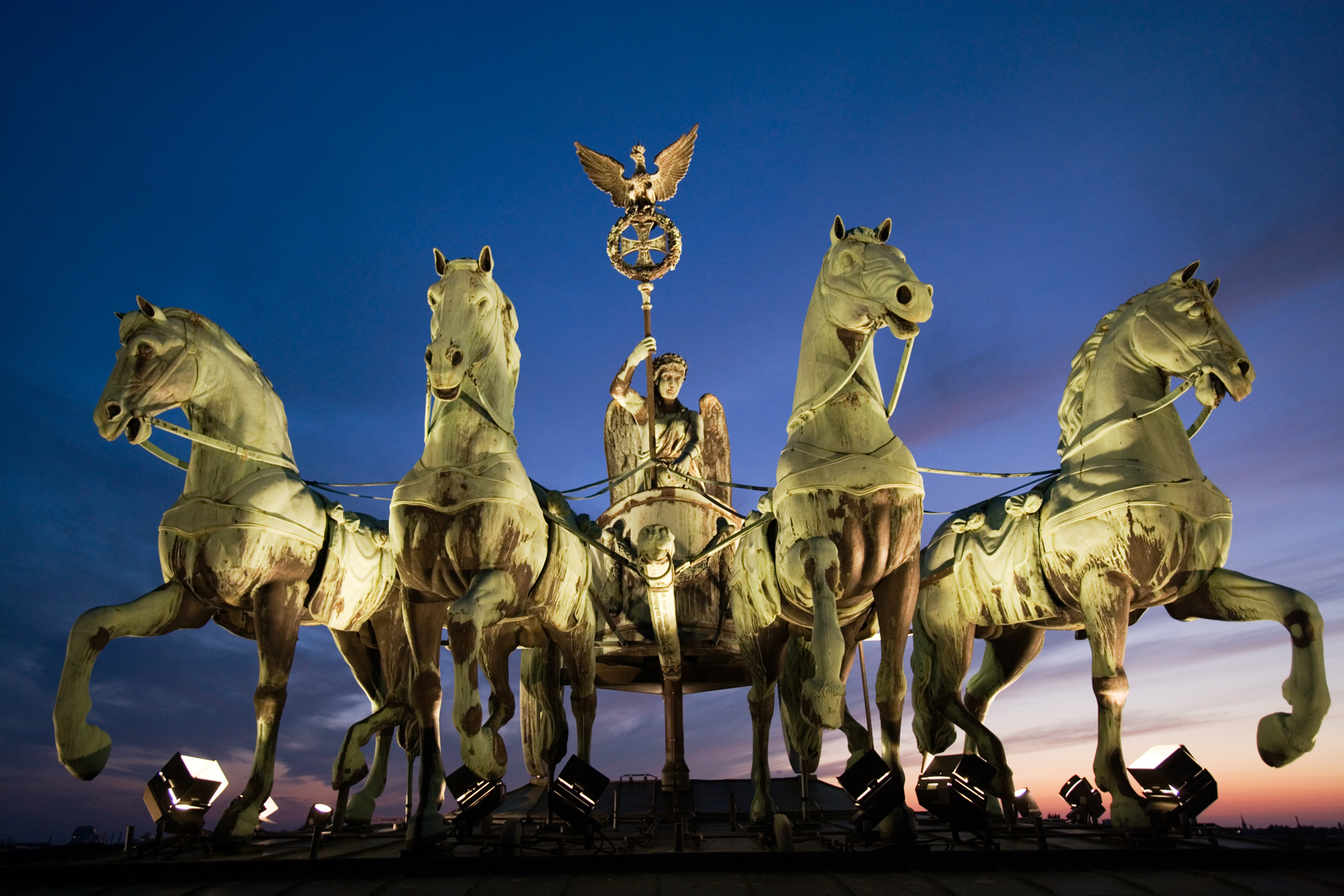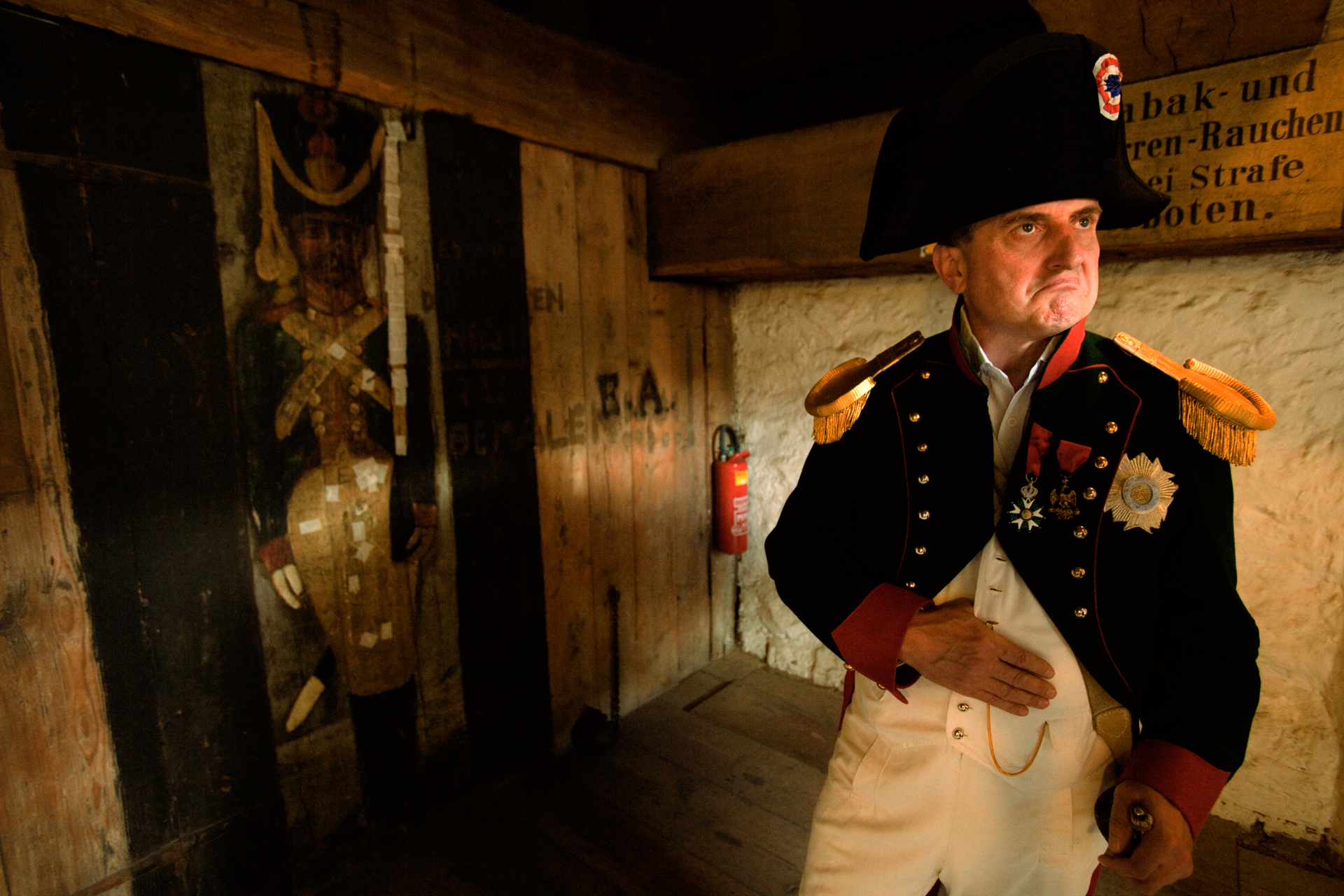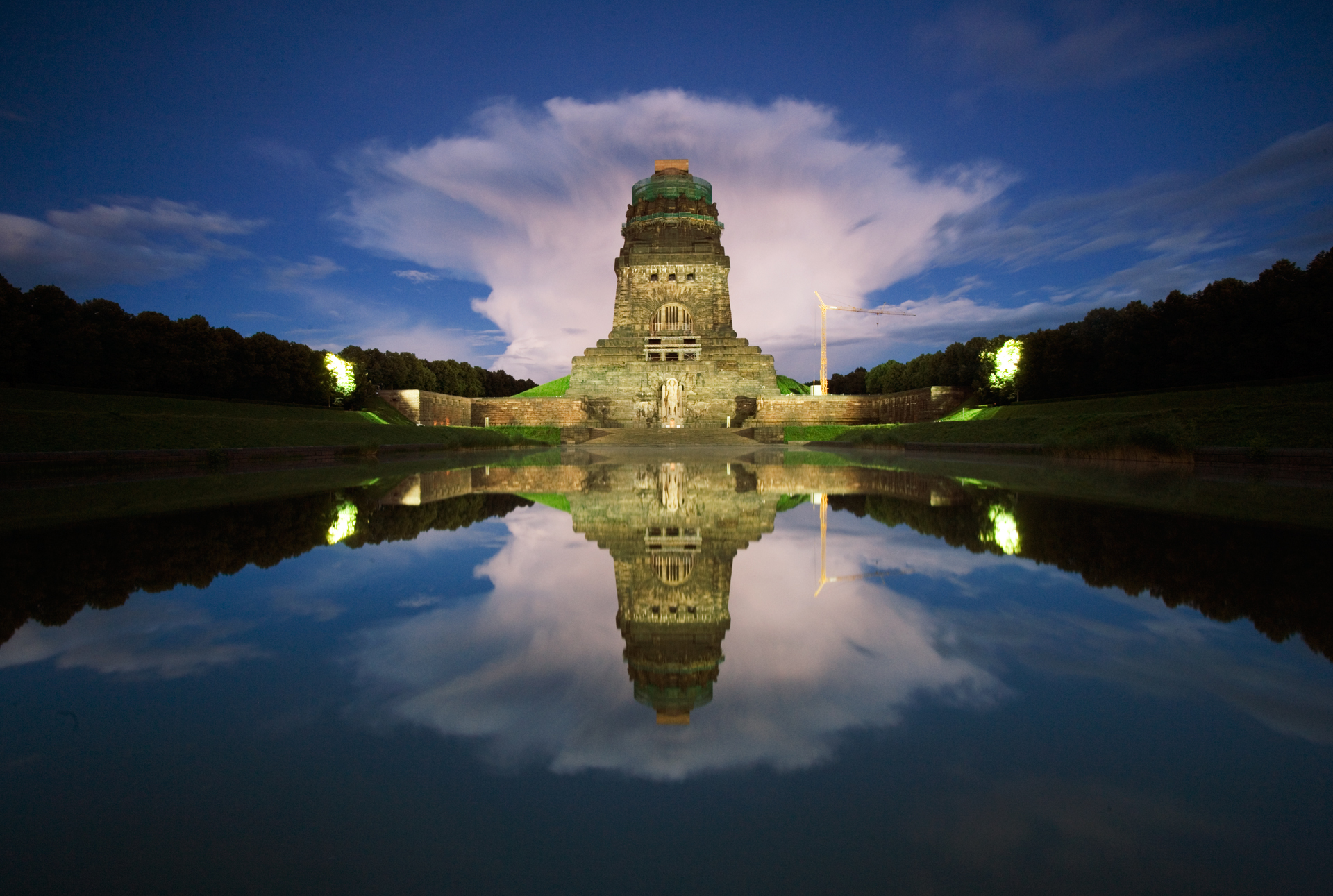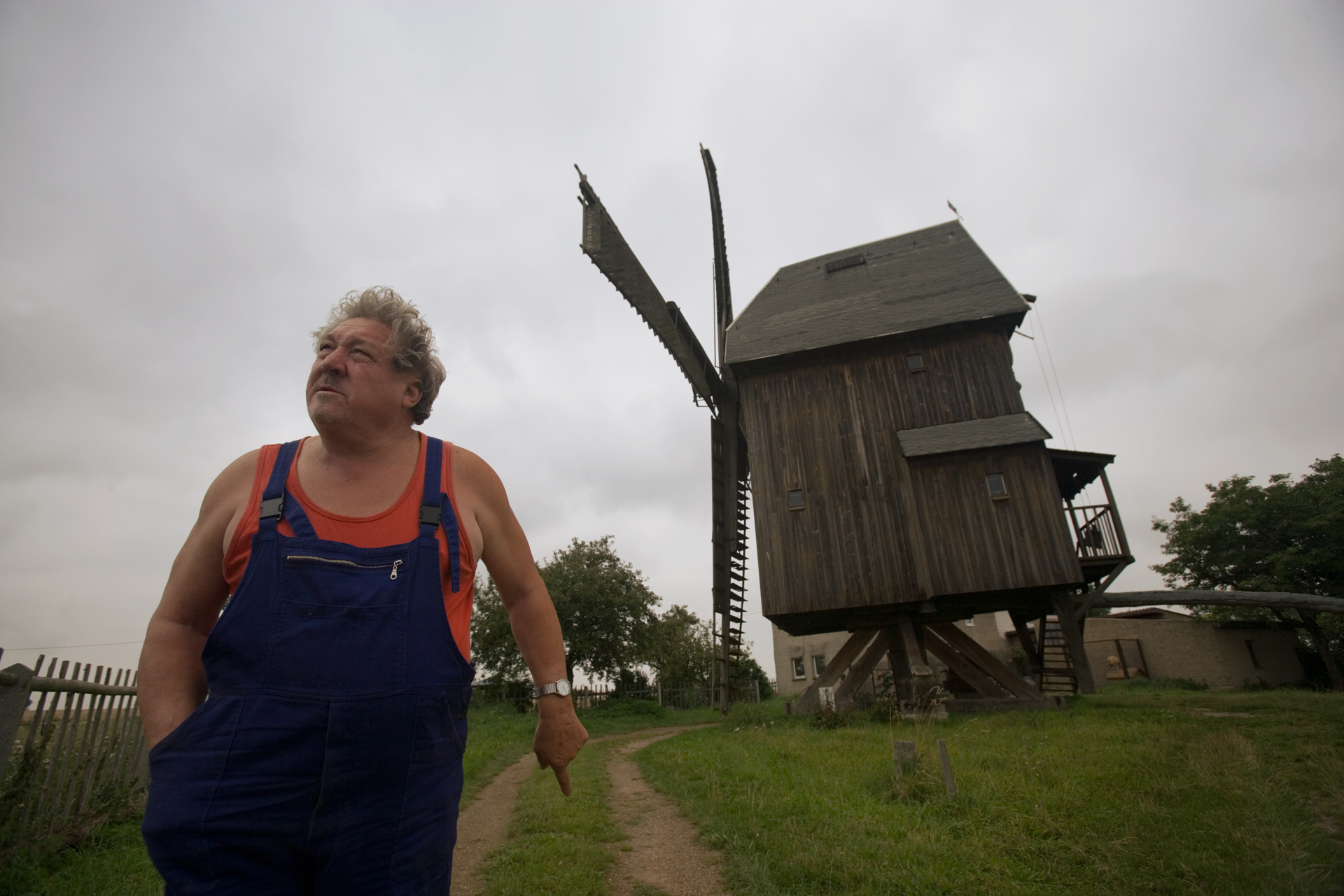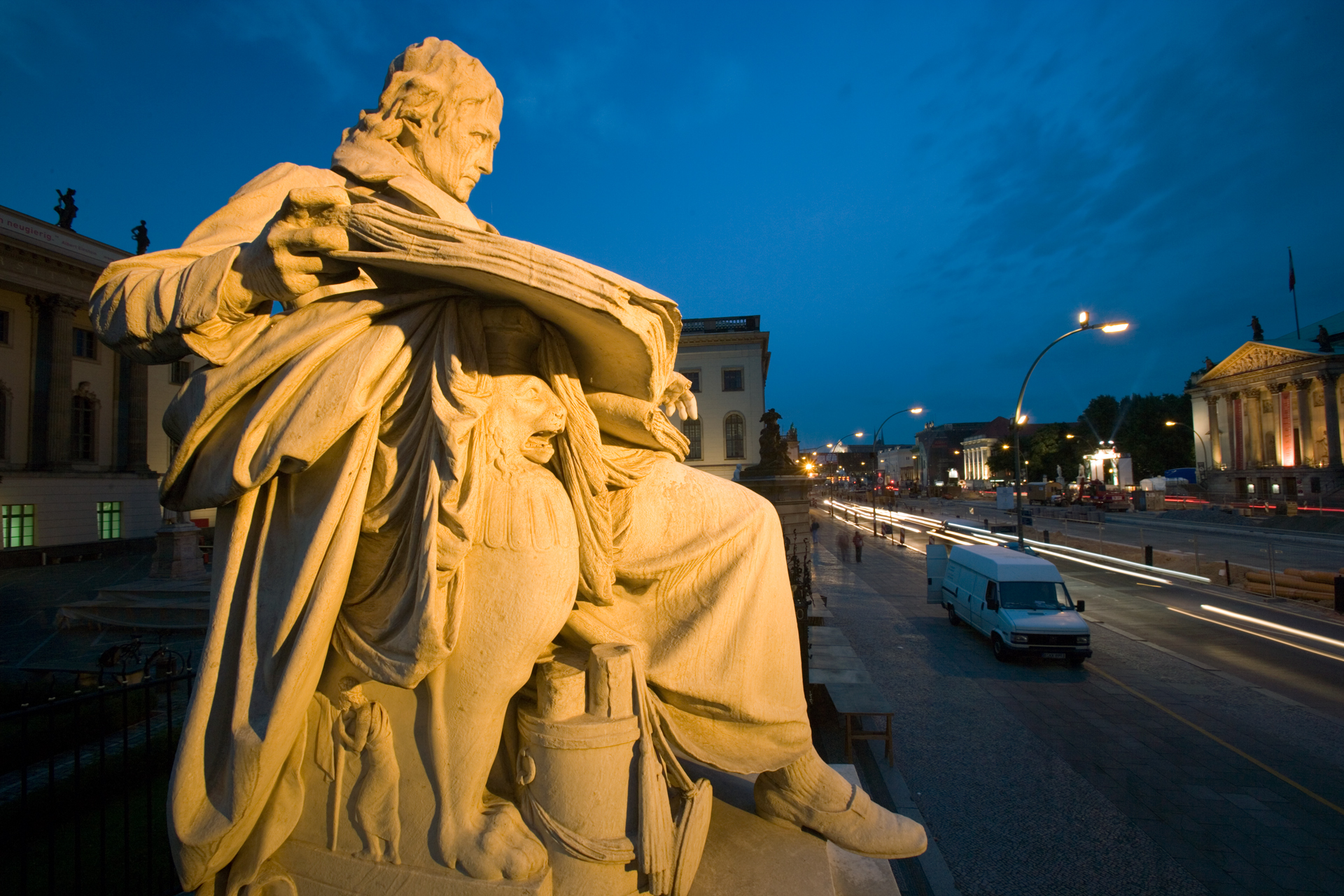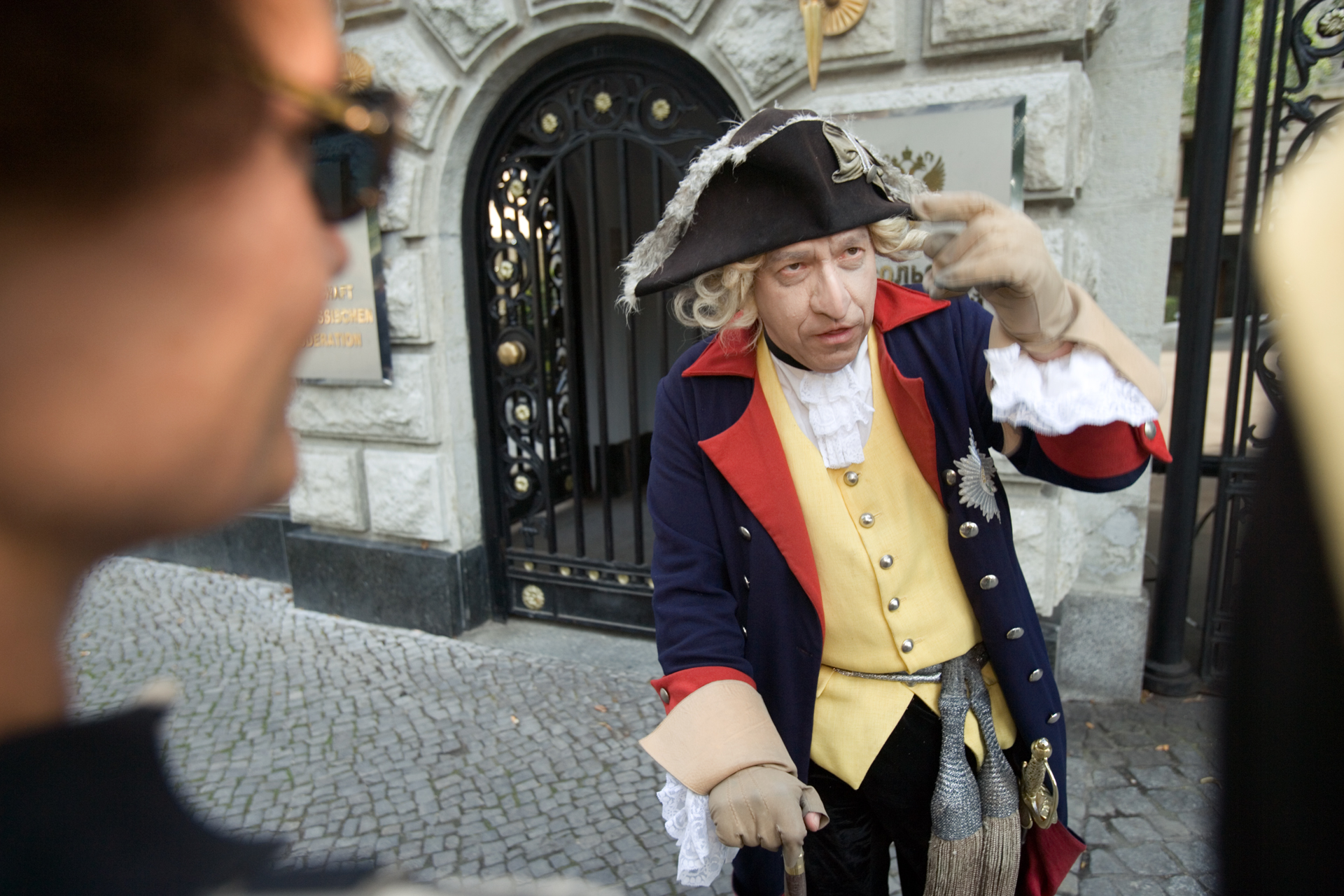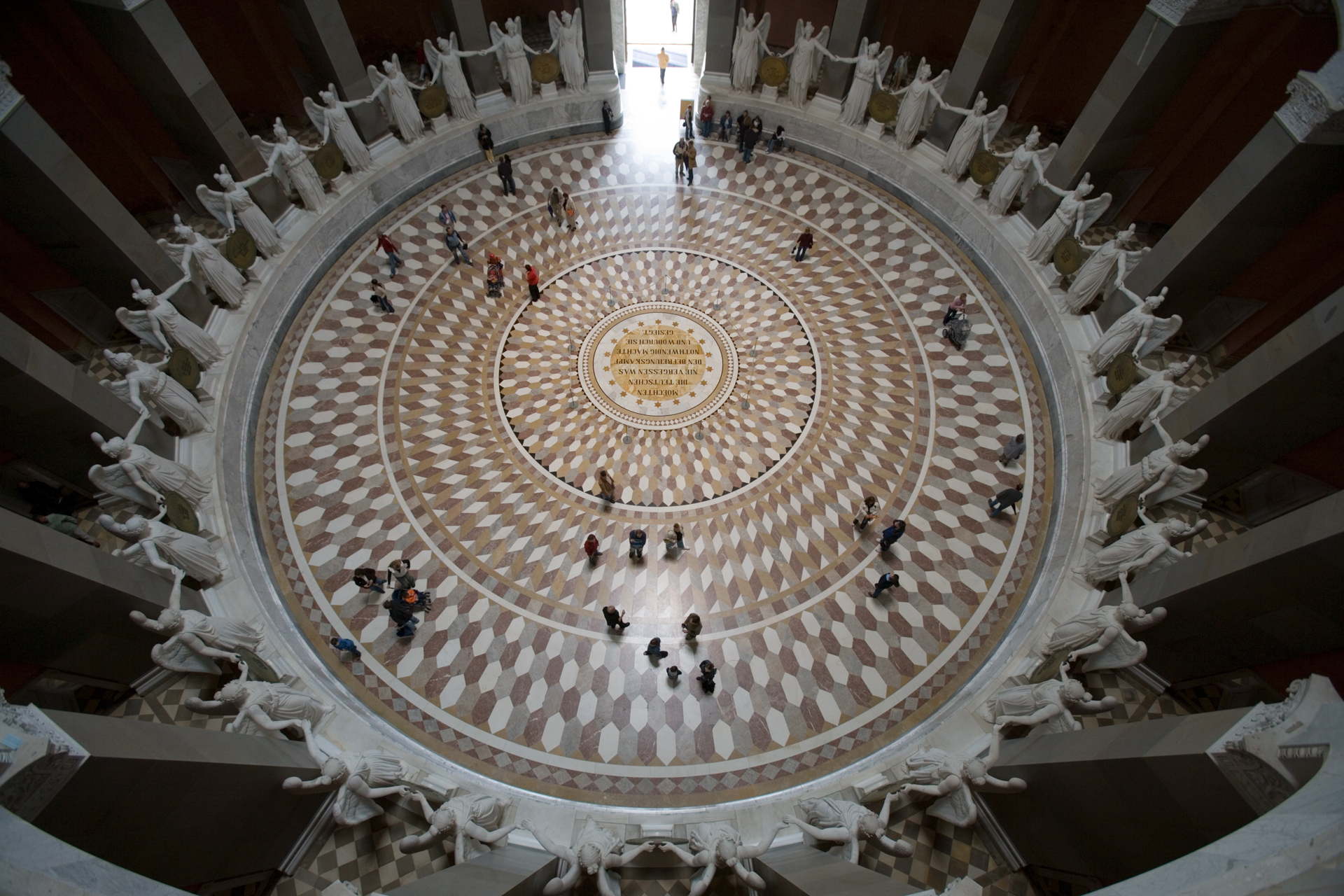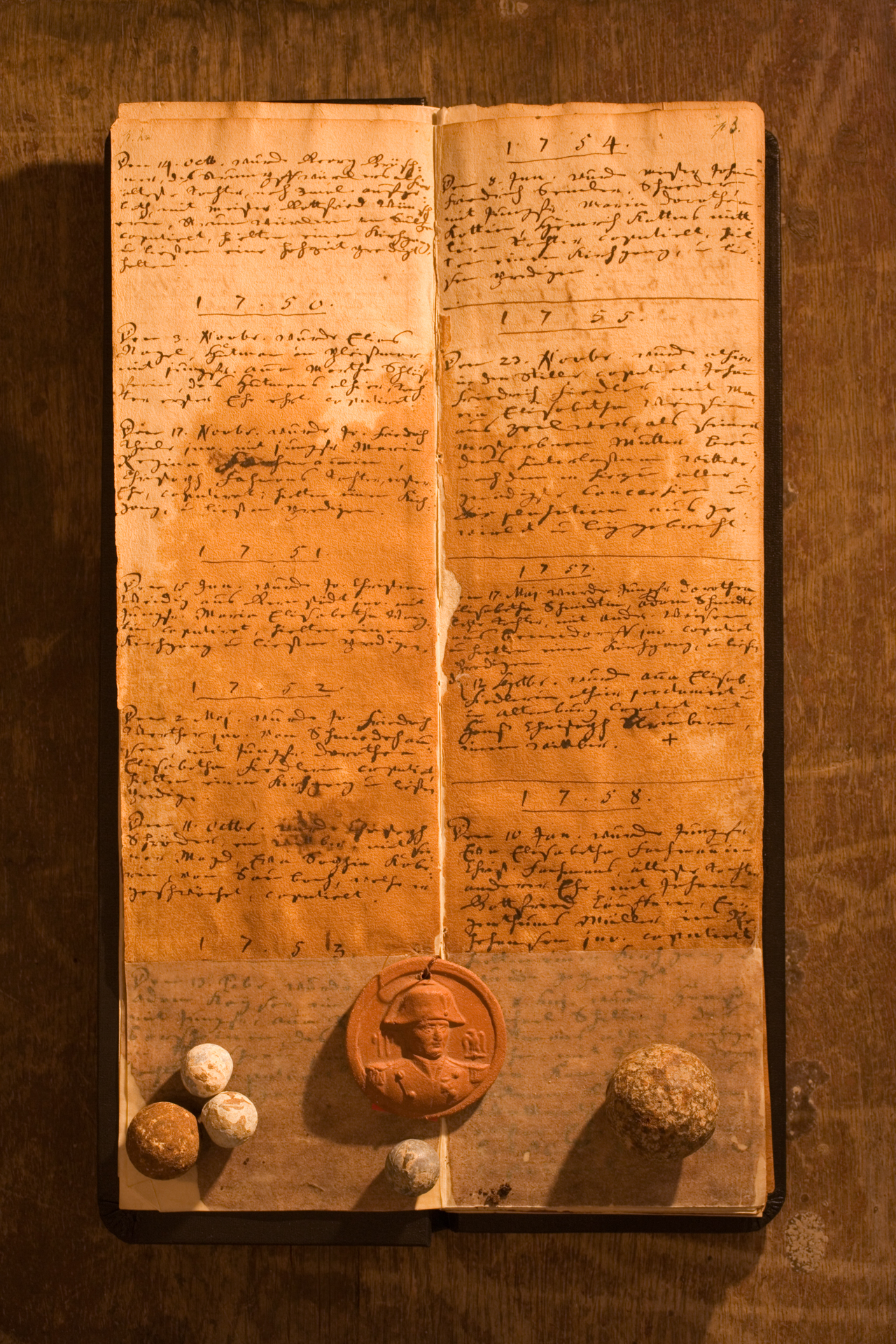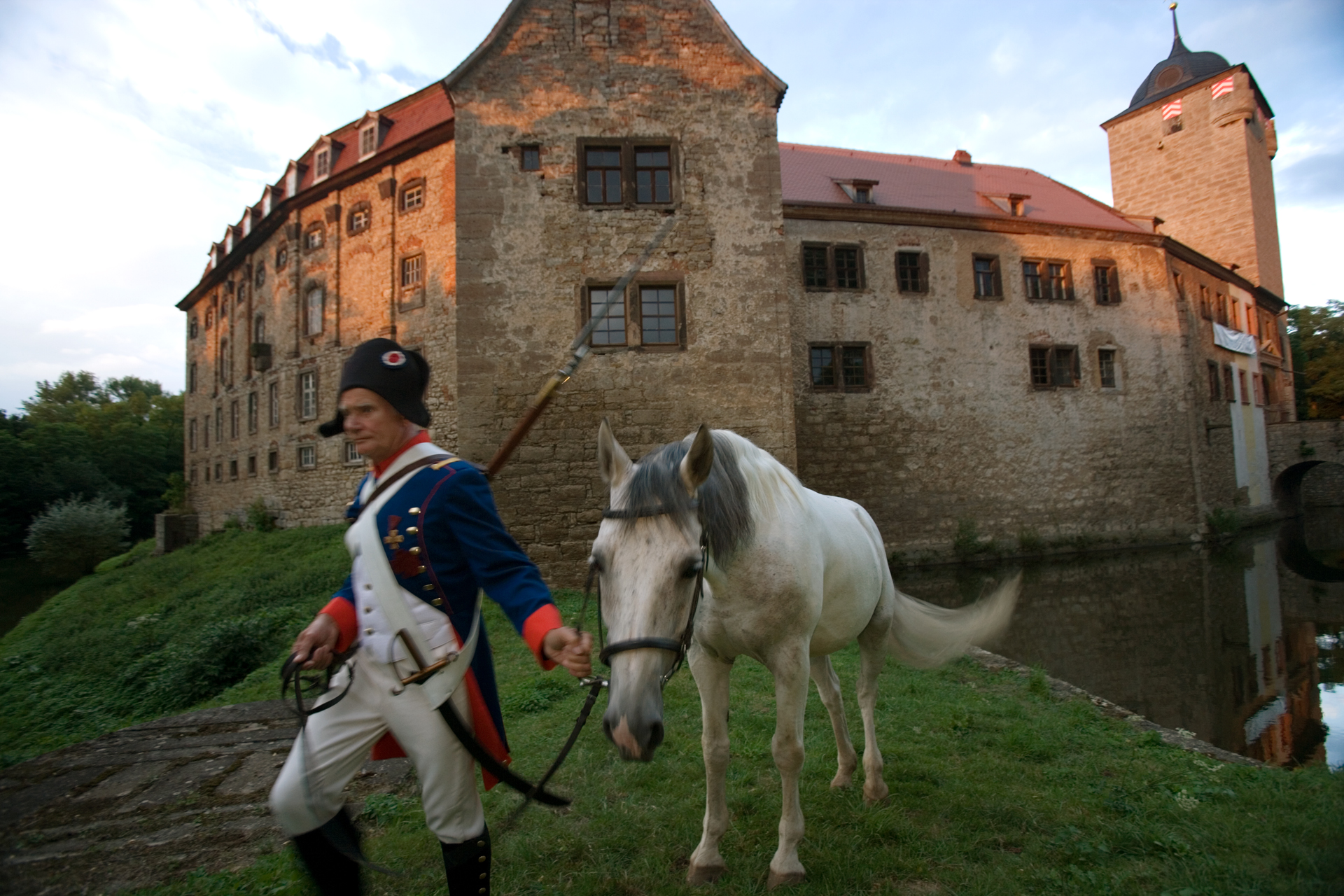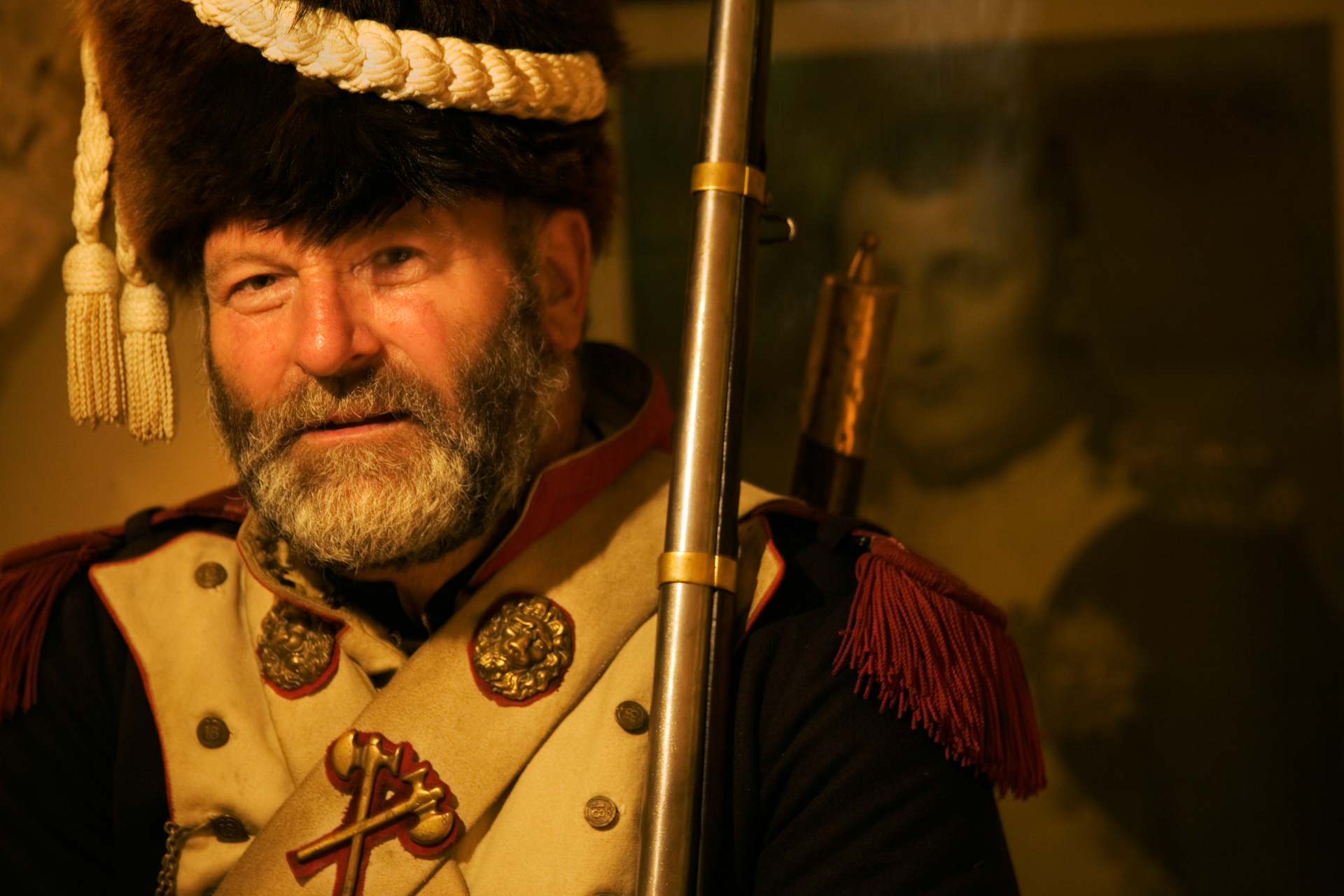Napoleon Bonaparte is generally regarded as one of the greatest commanders to ever live. Over a little more than a decade, he fought virtually every European power and acquired control of most of the European mainland, either by conquest or alliance.
Before the Napoleonic era, Germany had little national identity; under the weak rule of the Holy Roman Empire of the German Nation, it consisted of a loose grouping of states, huge numbers of small independent territories, bishoprics, church lands, and local principalities united only by a common language, and vague cultural ties. During his occupation of Germany, Napoleon mandated middle-sized states to absorb smaller territories, thereby abolishing many old regimes and initiating the dissolution of the Holy Roman Empire of the German Nation in 1806.
The French Revolution with its social and political reformations laid the groundwork for reforms of the consolidated in German states. After Napoleon, in the battle of Jena and Auerstedt defeated Prussia, Germany’s last great defiant territory, French occupation in central Europe became increasingly repressive and exploitative, sparking German nationalism and a revolt, which soon spread all over the German speaking territories. Finally, in the 1813 Battle of Nations near Leipzig, allied forces from Prussia, Austria, Russia, Spain, Portugal, Sweden, Britain and several smaller German states dealt Napoleon a devastating defeat that drove him and all his troops out of Germany, leading to his abdication a few months later.
In the end, the French domination that modernized and consolidated Germany had created the unification and sparked the nationalism necessary to enable German forces to help end the French emperor’s domination of Europe.

